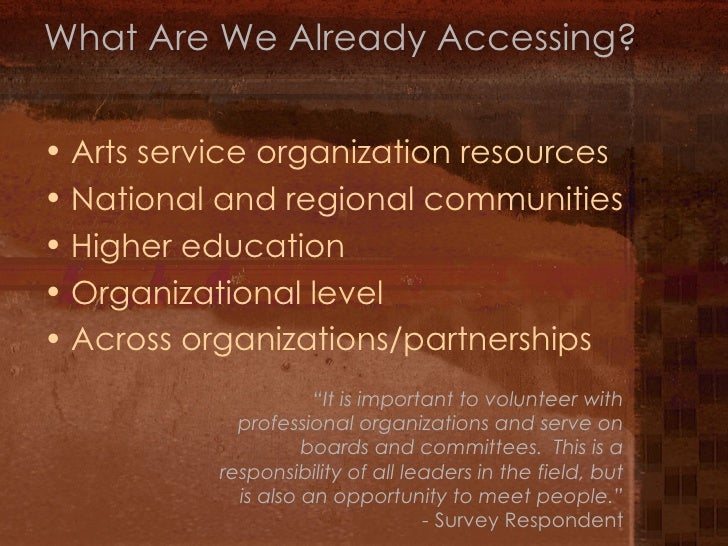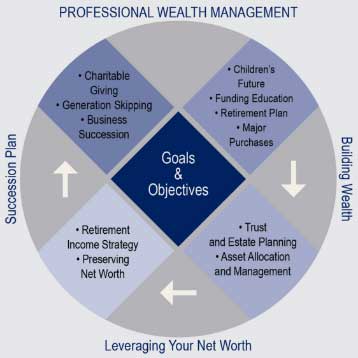What Is The Impact Of Architectural Preservation On Intergenerational Knowledge Transfer?

The transfer of knowledge is one of the most important aspects of organizational success, especially when it comes to passing on critical information and expertise. However, when it comes to intergenerational knowledge transfer, there may be some unique challenges that need to be addressed.
What is Intergenerational Knowledge Transfer?
Intergenerational knowledge transfer refers to the process of transferring knowledge, expertise, and skills from one generation to another. It often occurs when there is a gap between the skills and knowledge of older workers and younger workers or when there is a retirement or workforce transition that necessitates the transfer of knowledge.
Why is Intergenerational Knowledge Transfer Important?
The transfer of knowledge is essential for organizations to maintain their competitive advantage and continue to innovate and grow. Intergenerational knowledge transfer is particularly critical because of the demographic shifts that are occurring globally. As baby boomers continue to retire, there is a need to ensure that the knowledge they possess is transferred to the next generation of workers.
Challenges of Intergenerational Knowledge Transfer
While intergenerational knowledge transfer is essential, it can also be challenging. Some of the challenges that organizations may face when attempting to transfer knowledge from older workers to younger workers include:
- Age-Related Stereotypes
- Communication Barriers
- Different Work Ethic and Values
- Resistance to Change
- Competing Priorities
Strategies for Successful Intergenerational Knowledge Transfer
To overcome these challenges, organizations can implement a variety of strategies to facilitate successful intergenerational knowledge transfer, including:
Mentoring and Coaching Programs
One of the most effective ways to transfer knowledge from older workers to younger workers is through mentoring and coaching programs. These programs allow younger workers to learn from the experience and expertise of older workers in a one-on-one or small group setting. Mentoring and coaching programs can also help build relationships between different generations and foster a culture of knowledge sharing within the organization.
Reverse Mentoring
Reverse mentoring is a strategy that involves pairing older workers with younger workers in a mentoring relationship. In this scenario, the younger workers act as the mentors, sharing their knowledge and expertise with the older workers. This approach can be particularly effective when it comes to technology-related skills, as younger workers are often more familiar with emerging technologies.
Knowledge Management Systems
Implementing a knowledge management system can be an effective way to ensure that critical knowledge is captured and shared within an organization. These systems typically include a database of information that can be accessed by different employees within the organization. By capturing knowledge in this way, organizations can ensure that it is not lost when employees retire or transition out of the organization.
Job Shadowing
Job shadowing is a strategy that involves allowing younger workers to observe and learn from older workers in real-world situations. Job shadowing can be particularly effective when it comes to skills that are difficult to teach in a classroom or training environment. By observing older workers in action, younger workers can gain a better understanding of how to apply skills and knowledge in practical situations.
Collaborative Learning
Collaborative learning involves creating opportunities for older and younger workers to work together on projects and assignments. This approach can be particularly effective when it comes to developing new ideas and solving complex problems. Collaborative learning can also help build relationships between different generations and foster a sense of teamwork and collaboration within an organization.
Knowledge Transfer Incentives
Providing incentives for older workers to share their knowledge with younger workers can be an effective way to encourage knowledge transfer within an organization. Incentives can include bonuses, time off, or other rewards for training and mentoring younger workers.
Conclusion
Intergenerational knowledge transfer is essential for the success of organizations in today's rapidly changing business environment. By recognizing the unique challenges of intergenerational knowledge transfer and implementing strategies to overcome these challenges, organizations can ensure that critical knowledge is transferred from older workers to younger workers in a way that is effective and sustainable.
FAQ
What is knowledge transfer?
Knowledge transfer refers to the process of transferring knowledge, expertise, and skills from one person or group to another.
Why is knowledge transfer important?
Knowledge transfer is important because it allows organizations to maintain their competitive advantage and continue to innovate and grow.
What are some challenges of intergenerational knowledge transfer?
Some of the challenges of intergenerational knowledge transfer include age-related stereotypes, communication barriers, different work ethic and values, resistance to change, and competing priorities.
What are some strategies for successful intergenerational knowledge transfer?
Some strategies for successful intergenerational knowledge transfer include mentoring and coaching programs, reverse mentoring, knowledge management systems, job shadowing, collaborative learning, and knowledge transfer incentives.



Post a Comment for "What Is The Impact Of Architectural Preservation On Intergenerational Knowledge Transfer?"